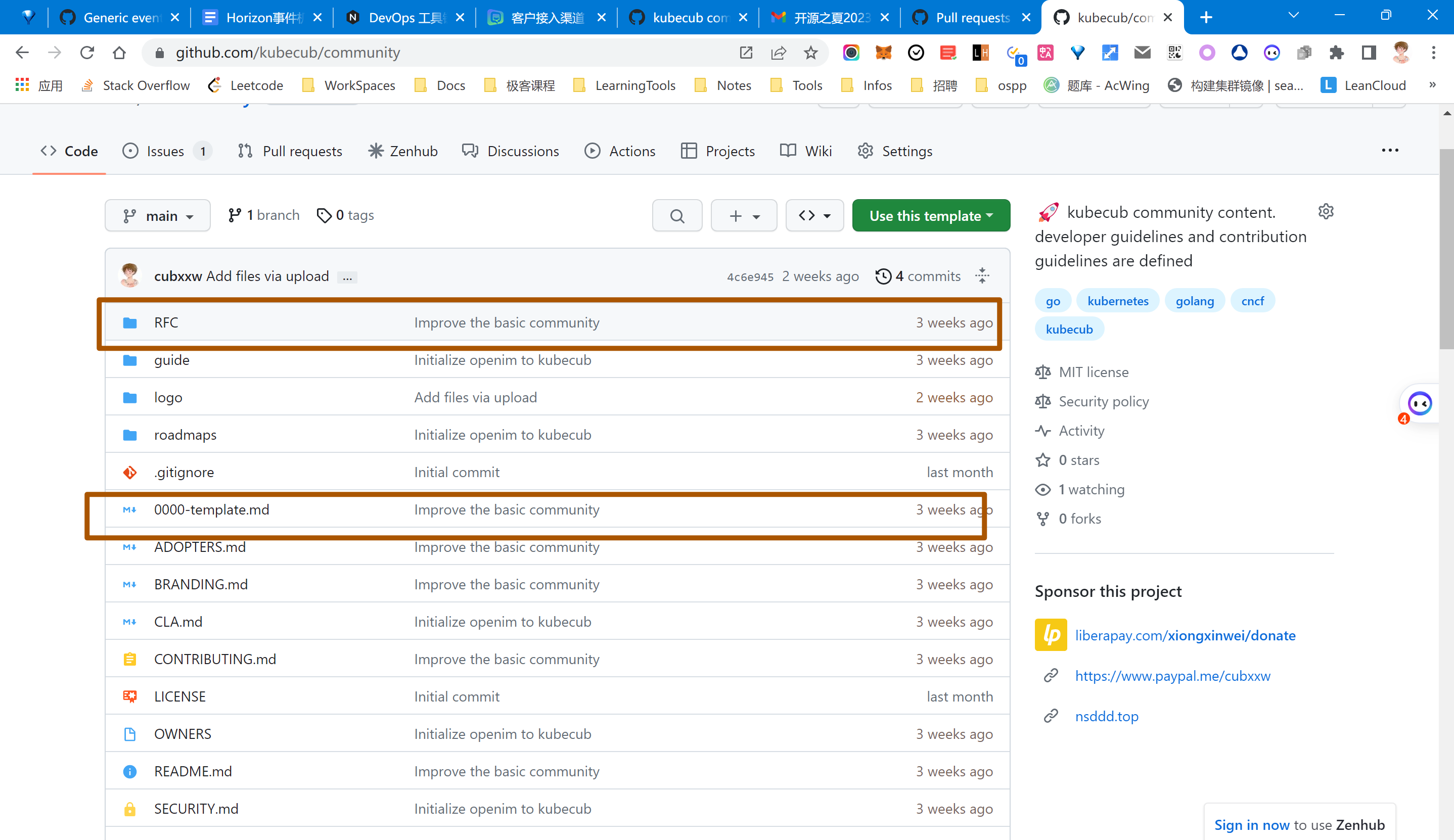Kubecub is an open-source ecosystem project based on Kubernetes that provides chain capabilities to integrate all open-source ecosystems into a referenceable and reproducible system and specification. It includes not only distributed applications based on Kubernetes, but also the development and organization of open-source tools, as well as the management and specification design of all open-source projects based on Kubecub.
Kubecub is an open-source community in the cloud-native field whose main goal is to help establish a reproducible open-source specification and provide a complete operational system to enable the community to have healthy development. Today, there are many projects in this field, but often there is a lack of uniform standards in terms of specifications and operations. Kubecub's vision is to unify standards, improve the quality of open-source projects, and create a globally recognized open-source community in the cloud-native field.
Kubecub is mainly developed using the Golang programming language, but it is not limited to this in the future. The most impressive thing is that Kubecub's community operations use an advanced and efficient operational system, which made me deeply aware of the problems existing in the current open-source community. In this operational mode, Kubecub administrators allocate demands, provide services to the open-source community, get feedback on time, and provide symbolic rewards. Through these means, Kubecub participants can get a good development experience and are more likely to persist, thereby making the open-source community healthier and better developed.
Kubecub is currently designing some tools, such as label synchronizers, robots, automation, AI, customer service, etc. The main purpose of these tools is to assist in the management of open-source communities and improve operational efficiency. They also hope that developers who engage in secondary development can use and improve their tools and comply with their prescribed open-source specifications. In addition, Kubecub is also developing a distributed environment built on Kubernetes at the bottom to operate and maintain the entire community. Therefore, Kubecub is a very promising open-source community management tool.
In summary, Kubecub's vision is to create a globally influential open-source community in the cloud-native field, not only to improve the quality and specifications of open-source projects but also to make open-source projects healthier and more mature. At the same time, Kubecub provides an efficient operational system to attract and retain participants, thereby promoting the development of the cloud-native community. For developers who are passionate about the cloud-native field, Kubecub will be an invaluable opportunity to participate in the standardized and operational open-source community and contribute to the progress of the cloud-native field.
Unlike other open-source communities, Kubecub is not just a product or repository of Kubecub. Its functions are far more than that. Let me explain...
Why is it called Kubecub?
🔥 kubecub provides the capability of k8s chains.
I think Kubecub provides Kubernetes with the ability to chain. What is the ability to chain?
While Kubernetes is developing rapidly, under the guidance of the CNCF Foundation, the entire cloud-native field is booming, and the tools in the entire cloud-native field are innumerable, driving the development and prosperity of the entire open-source community. Kubecub came into being.
Kubecub is like a blockchain that records all blocks in a super ledger. Kubecub chains all open-source ecosystems together to form a referenceable and reproducible system and specification.
Including, but not limited to:
- Distributed applications based on Kubernetes, integrating existing Kubernetes solutions.
- Development and organization of open-source tools.
- Management and specification design of all open-source projects based on Kubecub.
We know that any top-level open-source project cannot do without a top-level operational mode, including Kubernetes. For Kubernetes, management, operations, and development are not mutually exclusive, which is why the Kubernetes community is still the leader in the entire open-source community.
However, not all projects have the cost and energy to operate and automate management, resulting in a lack of or very few mature automated and CICD and community specifications in many communities.
Kubecub mixes various DevOps means, using robots and actions to integrate means to manage automation and part of the community's operational work.
There is no threshold for Kubecub!
Kubecub does not require money!
Kubecub does not have any constraints!
You can propose and implement an idea yourself, you can implement it based on existing proposals in projects, you can also participate in any repository to propose or solve features, bugs, etc.
Even, you can do nothing~ casually enter the pull requests of a project, see which code segment is uncomfortable, and make some comments~
We have a https://github.com/kubecub/community repository, which defines community specifications and various templates.
0000-template.md is a template. We can use this template and write a markdown format proposal to the PRC directory as a PR. This is considered a complete PR. And planning work before starting a project is done.
Read our Contributor's Guide, where you can learn the best standards and practices for contributing code to an open-source project.
The power of one person is limited, and the open-source atmosphere in the later period is bound to become more prosperous. More and more partners or teams who want to join open-source are eager to have an existing solution.
We will insist on the operation of Kubecub and promote the growth and communication of open source enthusiasts.





